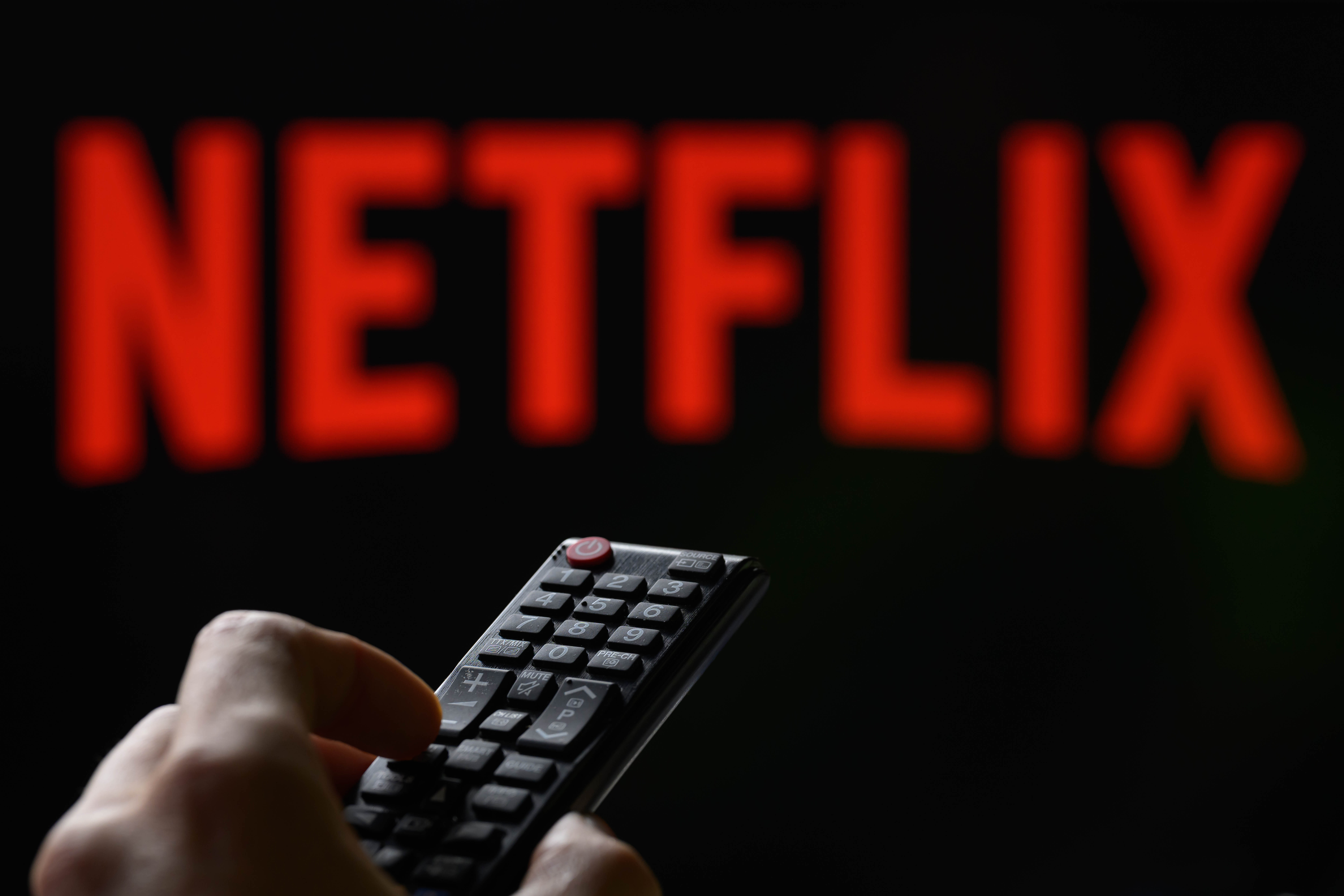
Just last Tuesday, Netflix said that it closed the second year of its upfront with ad sales commitments up as high as 150% year-over-year.
But according to a report published Monday by Digiday, despite its progress, the streaming service’s position in the advertising market is still fraught with “underlying challenges … from competition to limited scale.”
Netflix, which recently discontinued its cheapest ad-free tier in order to push customers towards its advertising business, has historically pursued ads with a relatively conservative strategy.
Also Read: Netflix Says It Closed Upfront With 150% Increase in Sales
Until now, the platform has maintained high costs for its ads -- $65 cost per thousand impressions (CPM), compared to $45.11 CPM for competitor Disney Plus. Netflix has also limited the number of ads shown on its service and made those ads opt-in, rather than the default.
That’s compared to competitors like Amazon Prime Video, which quickly garnered the largest number of ad-supported viewers among all major U.S. streaming providers in January, by converting more than 85% of its subscriber-base to an ad-supported version.
Since then, Amazon has reported an expected OTT ad revenue of $4.72 billion this year, more than 11% of the corporate giant’s total ad revenue.
But Netflix has begun to catch on, and slashed its CPM prices from the initial $60 in 2022 to just $29, much closer to Amazon’s low $30s offering.
Even so, the streaming service’s 40 million monthly active ad-supported users cant’t yet match the marketing appeal of Amazon's 200 million users.
From the outside, it looks like Netflix is struggling to entice advertisers to its platform, all while maintaining viewer satisfaction for its global audience.
Compound that with fierce competition from streaming services like Prime Video, with larger ad-supported reach, or Hulu, which offers ads for just $23.62 CPM, and it puts Netflix in a tough situation to grow its ad business.
But the company might find some headway in the advertising economy by leveraging the remarkable impact of many of its titles.
Take, for example, the sixth season of fan-favorite dating series Love Is Blind, which spent four consecutive weeks on Nielsen’s weekly streaming top 10, and earned more than 6 billion minutes of watch time in the month of March.
“Streaming accounts for 40% of total TV time in the U.S. today, with Netflix and YouTube the clear leaders in direct to consumer entertainment,” said Netflix co-CEO Ted Sarandos in the company’s second quarterly earnings report. “So looking to the future, we believe our biggest opportunity is winning a larger share of the 80%+ of TV time that neither Netflix nor YouTube has today.”
Also Read: Netflix Solidly Beats Revenue Forecasts With 17% Growth in Q2, Adds More Than 8 Million Subscribers
However, Netflix still doesn’t have a firm handle on the tech to seamlessly integrated targeted ads during its broadcast
Just last week, Netflix announced partnerships with cloud data platform Snowflake, data broker LiveRamp and clean-room technology company InfoSum all in an effort to further grow its ad business.
Access to digital clean rooms, a relatively young privacy technology that allows advertisers to share data across platforms, would allow the streaming service to more closely monitor audience overlap and refine its ad tech, something Netflix needs if it wants to entice advertising partners.
Presumably, the partnerships will offer advertisers more tools and expand the ways in which they can reach their audiences.







